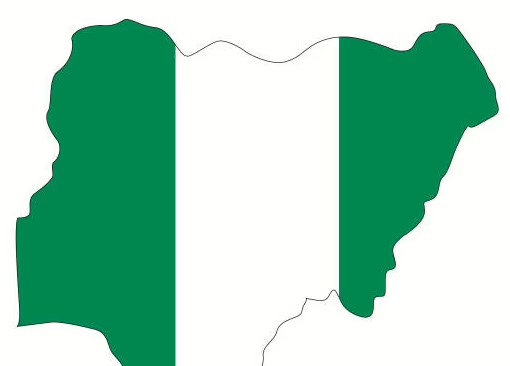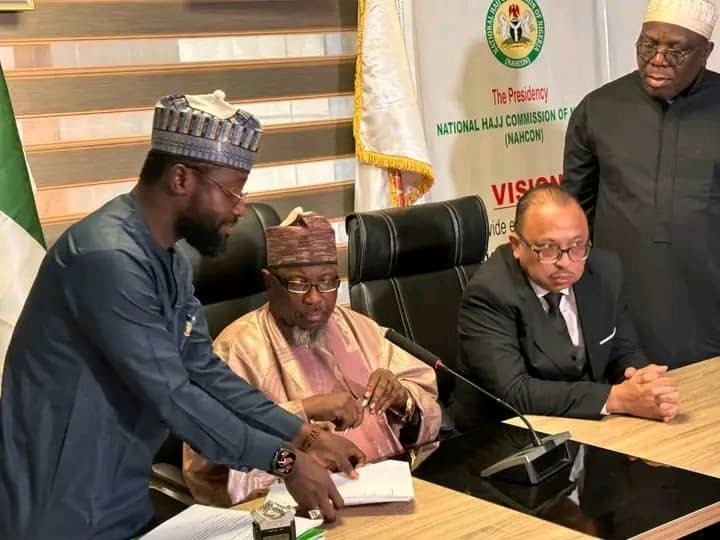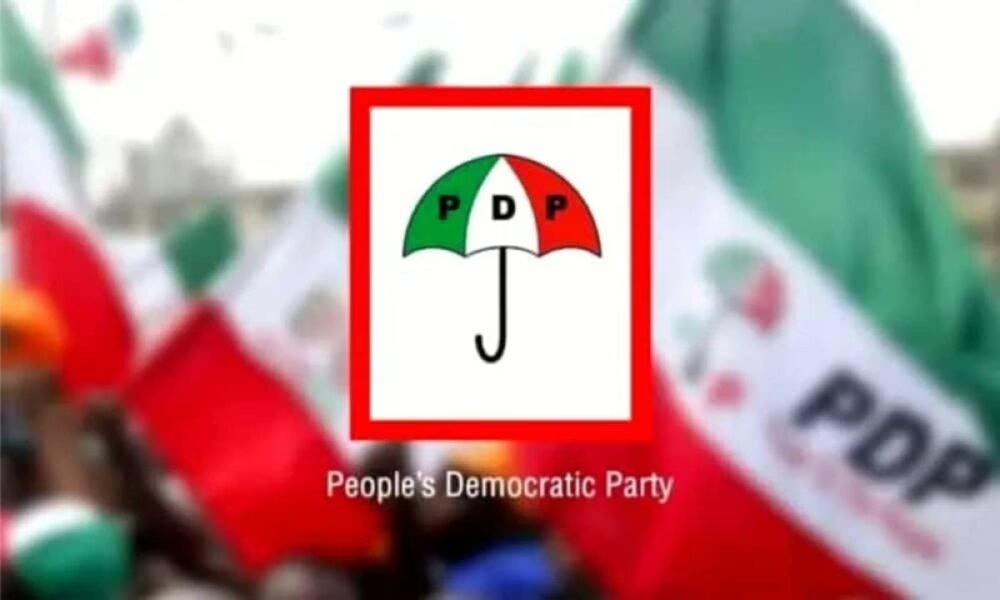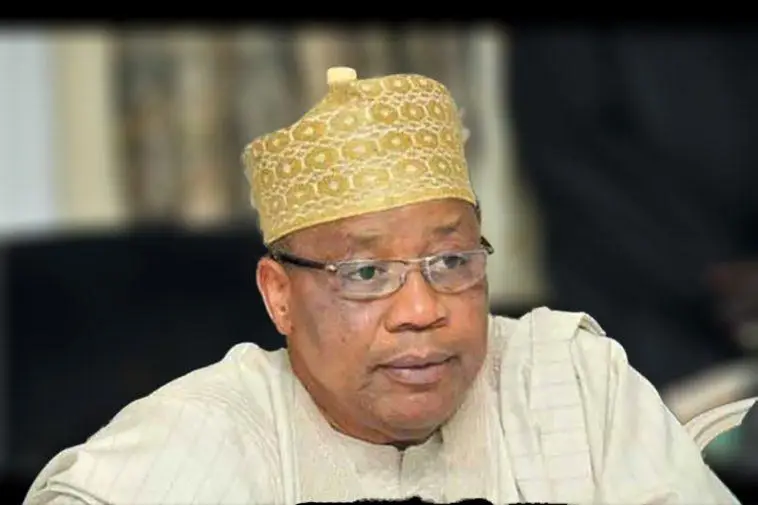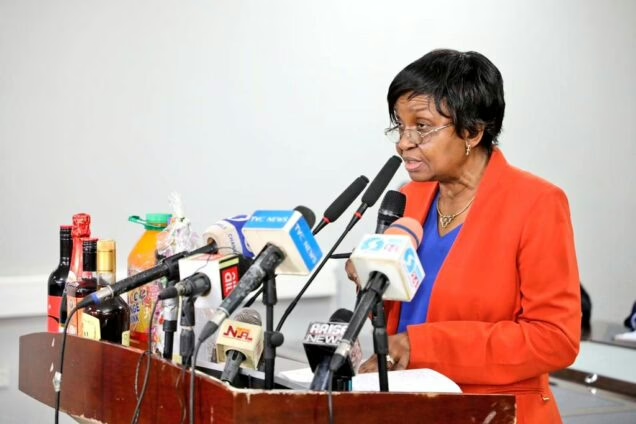It is fashionable for Nigerians who know, and those who utterly have no idea, what neo-liberal economic policies mean, to ask why the Federal Government and its economic policymakers adopt the bitter pill that the Bretton Woods institutions always recommend to poor African countries.
Some like the idea, some others do not. But for the most part, arguments on both sides of the economic theory, or ideological divide, interrogate the matter from the point of view of government protagonists or antagonists.
Neo-liberalism is the new name for economic policies that emphasise market forces that deregulate markets and price control, remove trade barriers, introduce austerity measures and eliminate state control of the economy.
Neo-liberalism includes privatization, or the half-way house commercialization, of state-owned enterprises, reduction of Big Government, free global trade, promoting consumer choice and a slew of uncomfortable economic policies that put citizens in dire economic straits, or a state of lack.
The World Bank and its counterpart, the International Monetary Fund, claim that the purpose of these measures is to make the economies of the adopting countries more competitive, reduce their economic dependence on countries of the Economic North and devalue the currency of the “victim” countries in order to enhance their exports.
The World Bank is set up to provide finance, research, advice and aids to developing nations, while the IMF is supposed to promote global economic growth and financial stability, encourage international trade and reduce global poverty.
But when viewed closely, neo-liberal economic policy is just a rehash of the Structural Adjustment Programme that Nigeria’s military President, Ibrahim Babangida, and his Finance Minister, Olu Falae, imposed on Nigeria in the second half of the 1980s.
SAP is a series of economic reform policies that Third World countries are compelled to endure in order to benefit from loans from the World Bank and the IMF.
Advertisement
The argument about the IMF loans drew hilarious debates in academic citadels, pepper-soup joints and commuter buses throughout Nigeria. In the end, Nigeria took the loan and endured the Second-Tier Foreign Exchange Market with its auction of the American dollar, removal of import restrictions and price control.
Like its current second coming, the floating or trading of the naira led to a weaker currency and high headline inflation. Unfortunately, the IMF that insisted on the measures that led the economy into a tailspin never came with solutions to mitigate the effects of the measures on Nigeria.
By the way, the first-tier foreign exchange market was simultaneously operated by the Central Bank of Nigeria, under the authority of the Federal Government, to enable government to service its international debts as well as letters of credit of public sector agencies and other “indulgencies.”
The first-tier floor provided foreign exchange for government’s foreign financial obligations, like funding Nigeria’s foreign embassies and the diplomats that man them, contributions to multilateral institutions, international sports engagements and even holy pilgrimages of Moslems and Christians.
Unfortunately, these led to abuses that Nigeria’s rentier class began to exploit to make stupendous wealth. A former CBN Governor, who later became Emir Muhammadu Sanusi II of Kano, once painted a graphic picture of how an influential Nigerian could just ask the CBN Governor to bring to him foreign currency that he would trade at the bureau de change market at exorbitant returns, and without investing a kobo of his money!
Well, SAP or neo-liberal economic policies are exceedingly inconvenient measures that may further impoverish an already impoverished economy, especially where the government, the World Bank and the IMF, are unable to provide remedial measures to cope with the inconveniences. Palliatives can only be short-term and are not enduring.
Greece took the title of “Poor Man of Europe” from Portugal when it had to adopt SAP that led to high unemployment, poverty and social unrest. In 2015, Greece held a referendum in which majority of the citizens rejected the austerity measures imposed by the creditors.
But the creditors eventually had their way, although the government of Greece negotiated some modifications to the programme. BREXIT, the exit of Britain from European Union, is said to have resulted from Britain’s concerns over European Union’s inability to rein in the implications of the debts on the euro, Europe’s single-market currency.
We think Nigeria’s policymakers need to do a quick review of the neo-liberal economic policies that seem to be taking eternity to yield positive results.

